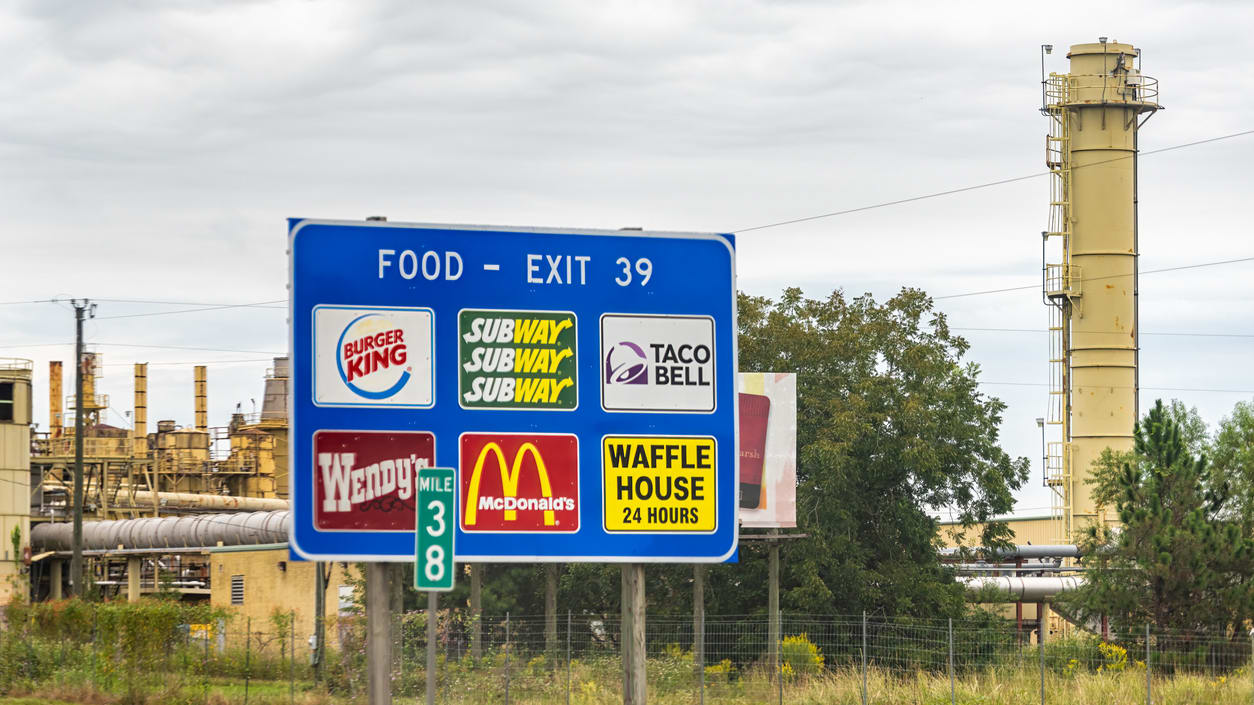Editor's Note: Gov. Gavin Newsom signed California AB 1228 on Sept. 28.
A coalition of California businesses recently announced its agreement with labor unions to withdraw their referendum challenging Assembly Bill 257, also called the FAST Recovery Act, from next year's ballot.
Last year, Gov. Gavin Newsom signed AB 257. The law established a Fast Food Council comprised of fast-food employees, worker advocates, franchisors, franchisees, and government officials from the Department of Industrial Relations and the Governor's Office of Business and Economic Development.
Almost immediately, a referendum effort was launched to give California voters the opportunity to support or reject the measure.
While AB 257 was paused pending the referendum, the California legislature proceeded with reviving the Industrial Welfare Commission, seen as the state's attempt to push through similar efforts to increase regulations and expansion of union involvement in industries like the fast-food industry.
In addition, another bill, Assembly Bill 1228, was introduced. That bill would have imposed liability on franchisors for violations of the Fair Employment and Housing Act, the Labor Code, Cal/OSHA, and other workplace laws, as well as exposing franchisors to liability under the Private Attorneys General Act.
In exchange for withdrawing the referendum on AB 257, AB 1228 was significantly revised. The amended bill does not include franchisor liability, but instead resurrects the Fast Food Council that was originally included in AB 257.
As with AB 257, the amended AB 1228 would give the Fast Food Council the authority to set minimum employment standards for fast-food restaurants, including wages, hours, health and safety, and other working conditions. It would set an initial minimum wage of $20 per hour effective April 1, 2024, and permit the Council to establish further increases based on increases to the Consumer Price Index.
The bill as amended also would permit local jurisdictions to establish more protective labor standards, but would preclude them from setting wages different from those set by the Council. The Council's authority would sunset on Jan. 1, 2029.
In light of the agreement between business groups and labor, it is expected the bill will make its way to the governor and be signed.
Laura Pierson-Scheinberg and Gina Roccanova are attorneys with Jackson Lewis in San Francisco. Benjamin Tulis is an attorney with Jackson Lewis in Los Angeles. © 2023. All rights reserved. Reprinted with permission.
An organization run by AI is not a futuristic concept. Such technology is already a part of many workplaces and will continue to shape the labor market and HR. Here's how employers and employees can successfully manage generative AI and other AI-powered systems.




